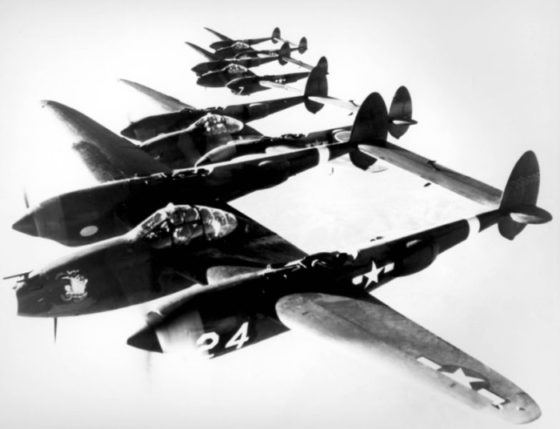
“When the war ended in August of 1945, orders to stand down never reached Onoda and his small detachment of three troops.”
THINKING OF throwing in the towel? Calling it quits? Leaving work early? Well, Hiroo Onoda of the Imperial Japanese Army never did. The 22-year old 2nd lieutenant received orders in late 1944 to defend Lubang, a remote island in the Philippines. Together with a squad of infantrymen, he was to hold the area and harass any Allied forces he encountered. He was also directed not to surrender or take his own life.
Unfortunately, when the war ended in August of 1945, orders to stand down never reached Onoda and his small detachment of three troops. The squad remained in the jungle and waged a guerrilla campaign for the next several years.
American occupiers and later local authorities dropped leaflets on the island in the weeks, months and even years following the war telling the holdouts of Japan’s capitulation. Onoda and his men assumed the messages were Allied tricks. Even letters and recordings from family members urging the small band come out of hiding failed to convince them.
The small group stayed alive by living off the land, supplementing their meager diet by stealing food from local inhabitants.
Armed search parties clashed with Onoda and his men repeatedly over the years too. One of the group surrendered in 1949. Two others were killed in clashes with locals in 1954 and 1972 respectively.
In early 1974, a Japanese college student backpacking through the region stumbled upon the aging lieutenant and managed to convince him that the war was indeed over. Still suspicious, Onoda agreed to turn himself over to Filipino authorities only if his old commanding officer ordered him to do so.
The Japanese government located Onoda’s former CO, a retired major turned book-seller named Taniguchi. The elderly veteran travelled to Lubang where he made contact with Onoda and commanded his long lost comrade to lay down his arms.
On March 10, his 52nd birthday, Onoda emerged from the jungle and surrendered without incident to local authorities. He was carrying a perfectly maintained Arisaka Type 99 rifle, several hand grenades and an officer’s sword. Authorities also recovered 500 rounds of ammunition.
Onoda returned to Japan and was hailed as a hero. Many urged him to run for public office. Unfortunately, he had trouble fitting in to life in modern Japan, and within a year had abandoned the homeland he had fought so hard and so long for and settled in Brazil. He bought a ranch there. Onoda published a book about his experiences entitled Never Surrender: My 30-Year War.
Later in life, Onoda returned to Japan and contributed to youth charities. In 1996, he even voyaged back to Lubang and donated $10,000 to a school building project on the island.
Hiroo Onoda spent the final years of his life in Japan. He died in 2014 at the age of 92.
SOURCES
http://en.wikipedia.org/wiki/Hiroo_Onoda
http://history1900s.about.com/od/worldwarii/a/soldiersurr.htm
http://www.damninteresting.com/the-soldier-who-wouldnt-quit/










Reblogged this on This Is War.
Died January 16 2014 aged 91.
Rest in Peace, Lieutenant Onoda.
The article seems to have forgotten to mention the civilians that he murderer during those 30 years.